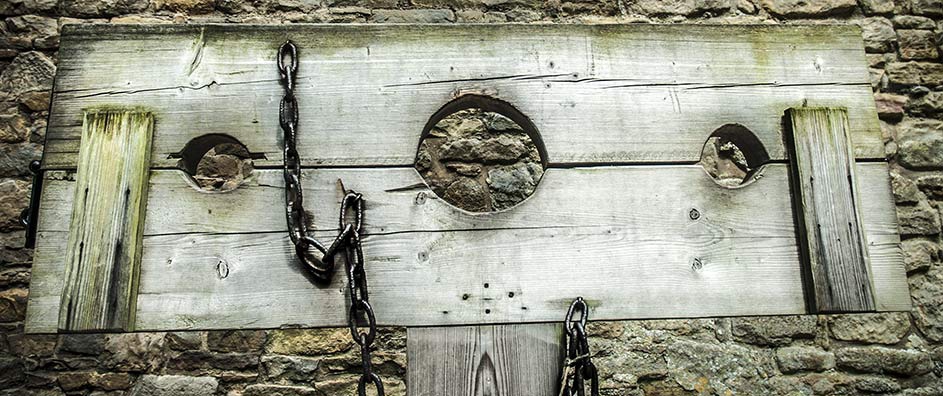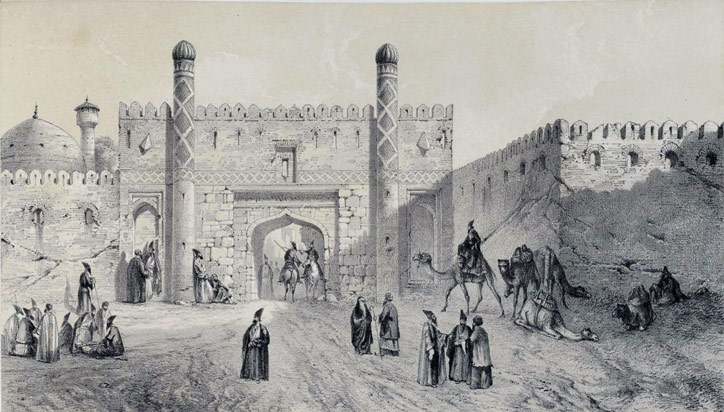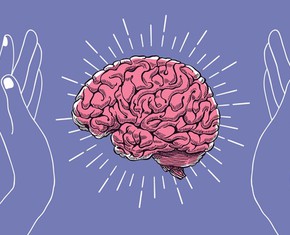The views expressed in our content reflect individual perspectives and do not represent the authoritative views of the Baha'i Faith.
Nineteenth-century Persia was a country in the grip of narrowness and fanaticism. Its leaders, alarmed at the Bab’s rapidly rising popularity and fearing for their own positions, unleashed a fury of hatred against him and His followers. They were easily able to do so through civil and legal means, as well as by appealing to the baser instincts of a largely ignorant and benighted populace. Before long many of the Bab’s followers were killed, mainly at the instigation of the clergy, but with the support of civil authorities. Yet the Bab’s popularity only seemed to grow, notwithstanding his imprisonment in a remote outpost and his resulting inaccessibility to His followers.
The time came when it was clear to the prime minister of the shah that his only recourse was to bring about the Bab’s death.
The Bab was summoned to the provincial capital, Tabriz. There he was interrogated by leading members of the clergy and civil authorities. He was taken to a large assemblage that included the crown prince. The historian Nabil relates that as the Bab entered,
The majesty of His gait, the expression of overpowering confidence which sat upon His brow—above all, the spirit of power which shone from His whole being, appeared to have for a moment crushed the soul out of the body of those whom He had greeted. A deep, a mysterious silence, suddenly fell upon them. Not one soul in that distinguished assembly dared breathe a single word.” – The Dawnbreakers, p. 315.
Finally, the leading divine who was presiding over the meeting asked, “Whom do you claim to be, and what is the message which you have brought?” The Bab answered:
I am, I am, I am, the promised One! I am the One whose name you have for a thousand years invoked, at whose mention you have risen, whose advent you have longed to witness, and the hour of whose Revelation you have prayed God to hasten. Verily I say, it is incumbent upon the peoples of both the East and the West to obey My word and to pledge allegiance to My person. – The Bab, ibid, pp. 315-316.
This stunning pronouncement was followed by a series of questions to which the Bab responded with courage and composure. Most of those present were deeply hostile, yet they failed to intimidate him or to prevail in debate. Nevertheless, they pronounced sentence against him. The Bab was forced to endure the bastinado. In this punishment a person is suspended upside down, then heavy rods are used to beat the soles of the feet. This punishment was inflicted personally by the leading clergyman of Tabriz. After this the Bab was returned to confinement.
At about this time the Bab came into contact with the only European ever known to have met and left a description of him. This person, Dr. Cormick, was an English physician called upon by the Persian authorities to pronounce on the Bab’s mental condition. He wrote a letter to another physician describing his encounters. The doctor wrote:
You ask me for some particulars of my interview with the founder of the sect known as Babis. Nothing of any importance transpired in this interview, as the Bab was aware of my having been sent with two other Persian doctors to see whether he was of sane mind or merely a madman, to decide the question whether he was to be put to death or not. With this knowledge he was loth to answer any questions put to him. To all enquiries he merely regarded us with a mild look, chanting in a low melodious voice some hymns, I suppose.
Two other Siyyids, his intimate friends, were also present, who subsequently were put to death with him, besides a couple of government officials. He only deigned to answer me, on my saying that I was not a Musulman and was willing to know something about his religion, as I might perhaps be inclined to adopt it. He regarded me very intently on my saying this, and replied that he had no doubt of all Europeans coming over to his religion.
Our report to the Shah at that time was of a nature to spare his life. He was put to death some time after by the order of the Amir-Niμam, Mirza Taqi Khan. On our report he merely got the bastinado, in which operation a farrash, whether intentionally or not, struck him across the face with the stick destined for his feet, which produced a great wound and swelling of the face. On being asked whether a Persian surgeon should be brought to treat him, he expressed a desire that I should be sent for, and I accordingly treated him for a few days, but in the interviews consequent on this I could never get him to have a confidential chat with me, as some government people were always present, he being a prisoner. He was a very mild and delicate-looking man, rather small in stature and very fair for a Persian, with a melodious soft voice, which struck me much. Being a Siyyid [a descendant of the Prophet Muhammad], he was dressed in the habit of that sect, as were also his two companions. In fact his whole look and deportment went far to dispose one in his favour. Of his doctrine I heard nothing from his own lips, although the idea was that there existed in his religion a certain approach to Christianity. He was seen by some Armenian carpenters, who were sent to make some repairs in his prison, reading the Bible, and he took no pains to conceal it, but on the contrary told them of it. Most assuredly the Musulman fanaticism does not exist in his religion, as applied to Christians, nor is there that restraint of females that now exists. – Dr. Cormick, quoted in ibid, pp. xxxii-xxxiii.

















Comments
Sign in or create an account
Continue with Googleor